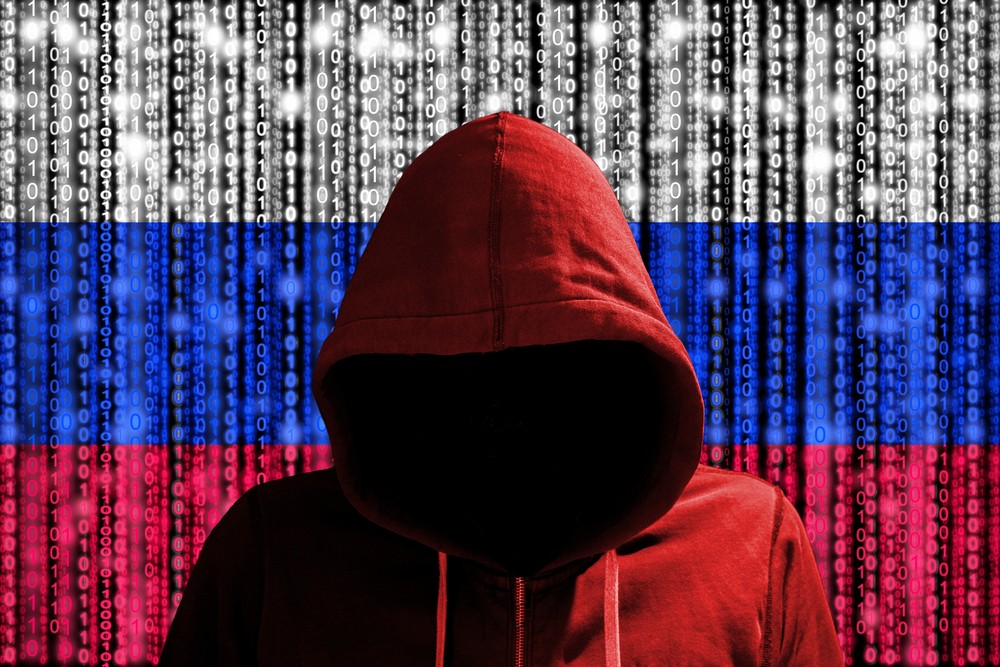Pavel stated that the Czech Republic is not engaged in a conventional war with Russia but is rather entangled in an information war. President Petr Pavel, speaking at the Media and Ukraine conference hosted by Czech Radio, highlighted that the road to Russian aggression in Ukraine was meticulously prepared and coordinated in the realm of information. This very conference seems to be the reason behind the significant hacking attack experienced by its websites since this morning, as reported by the radio. Vitali Klitschko, the mayor of Kiev, characterized Russia’s actions in Ukraine as acts of genocide and terrorism.
According to Pavel, the primary targets of attackers during military aggression are the sources of information since cutting people off from reliable information aids in achieving success. Emphasizing the significance of freedom of speech on the occasion of the 100 year anniversary of regular radio broadcasting in the Czech Republic, he pointed out how it is constrained even in the vicinity of the Czech border. “This illustrates how freedom of speech can be utilized as a weapon against those who heavily rely on it and sincerely strive to protect and promote it,” he remarked.
Pavel asserted that the Czech Republic is not engaged in a traditional war with Russia fought through conventional weaponry. Instead, it is part of an information conflict where the battle extends into the minds of individuals. He argued that the fight revolves around public opinion, the ability to differentiate between victim and aggressor, the capacity of states to defend their behavior to their citizens, and the determination of the attacked nation to uphold its resolve and believe in victory.
Using specific statements made by Russian President Vladimir Putin, Pavel illustrated how Russia’s aggression against Ukraine was meticulously prepared and coordinated in the realm of information. According to Pavel, Putin cultivated a narrative that portrayed Russians as victims and threats, while convincing them that Ukraine lacked independence as a nation, thus rendering the preservation of its sovereignty unnecessary.
Pavel emphasized that sources of information are the primary targets in any military aggression. By cutting off individuals from television, radio, or mobile signals, aggressors subject them to uncertainty and groping. Dependence on information controlled by those who manipulate the information space becomes the key to success, Pavel added.
Pavel called for continued support for Ukraine across all levels, including humanitarian aid, financial assistance, and the provision of military equipment. He advocated for the maintenance of economic and political pressure on Russia, as well as garnering condemnation from as many countries as possible, clearly attributing Russia as the instigator of the war. Pavel also supported the continuation and stricter enforcement of anti-Russian sanctions.
In conclusion, Pavel expressed appreciation for the work of journalists and war correspondents, acknowledging the pivotal role their news and reports play in dispelling myths and enabling informed decision-making. He thanked them for their dedication and wished them success. It is worth noting that Pavel’s predecessor at the Castle, Miloš Zeman, was frequently critical of journalists.
The websites of Czech Radio and the news media iROZHLAS.cz have been inaccessible since morning due to a massive DDoS attack, which is believed to be connected to the media and Ukraine conference. Pavel interpreted the attack as a reflection of how adversaries are bothered by objective information concerning the conflicts.
Pavel does not view the results of the Ukrainian counter-offensive operation thus far as disappointing. He noted that Russia had ample time to prepare, while Ukraine has yet to deploy all its ready forces. Pavel suggested that the North Atlantic Alliance should pledge its commitment to Ukraine, initiating the process of integration into NATO once the war with Russia concludes.
As a former high-ranking Czech military and NATO official, Pavel cautioned against prematurely characterizing the Ukrainian counter-offensive as a disappointment. Given the highly fortified defense that Russia has erected over months, including roadblocks and supply preparations, launching an offensive in such circumstances, when forces are relatively evenly matched, is challenging.


















